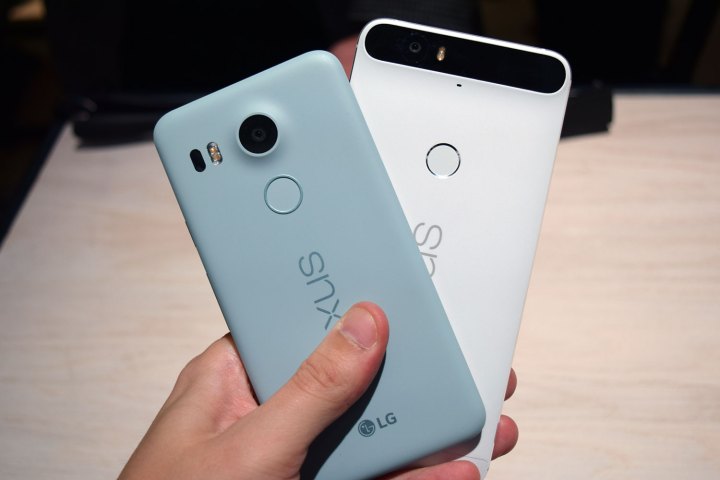
The report, published by The Information, says Google has only recently started thinking about the move, after plans were being made to produce an entirely in-house product aimed at businesses. While that product is speculated to be a Chromebook — possibly the Pixel C — the strategy gradually evolved to cover smartphones.
Unlikely? No, not really. Google loves to experiment in the smartphone world. It already has strong control over the Nexus range of smartphones and tablets. It is instrumental in setting the design and the specifications, then loads its most recent version of the Android OS onboard. A Nexus-style chip may work in a similar way. Additionally, it has previously owned its own smartphone brand, Motorola, before selling the company to Lenovo last year. It’s also dabbling in the carrier market with Project Fi.
Adding a Google-designed processor into the mix is possible, and would allow the company to use chip components and features in a way that suits the company’s services, particularly complex tech including VR in the future. Additionally, such a plan may also benefit the low-end of the market for Google. Recent reports say Google is overhauling the Android One program, where strict guidelines exist regarding which processors can be used inside the devices. Pushing manufacturers towards using a Google chip, produced at a set price and with the right performance, would fit in with Google’s vision for Android One rather well.
If Google is working on its own processor project, then it’ll have to find a willing partner. Apple doesn’t produce the A9 chip, Samsung — which also makes its own Exynos processors — primarily does. Google could also approach Samsung, or may romance Qualcomm, Intel, MediaTek or even Huawei’s Hisilicon or Intel-backed Rockchip.
For now, it’s all speculation, and there has been no official word from Google on the subject.


